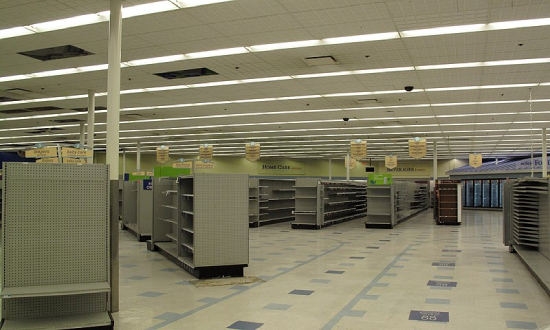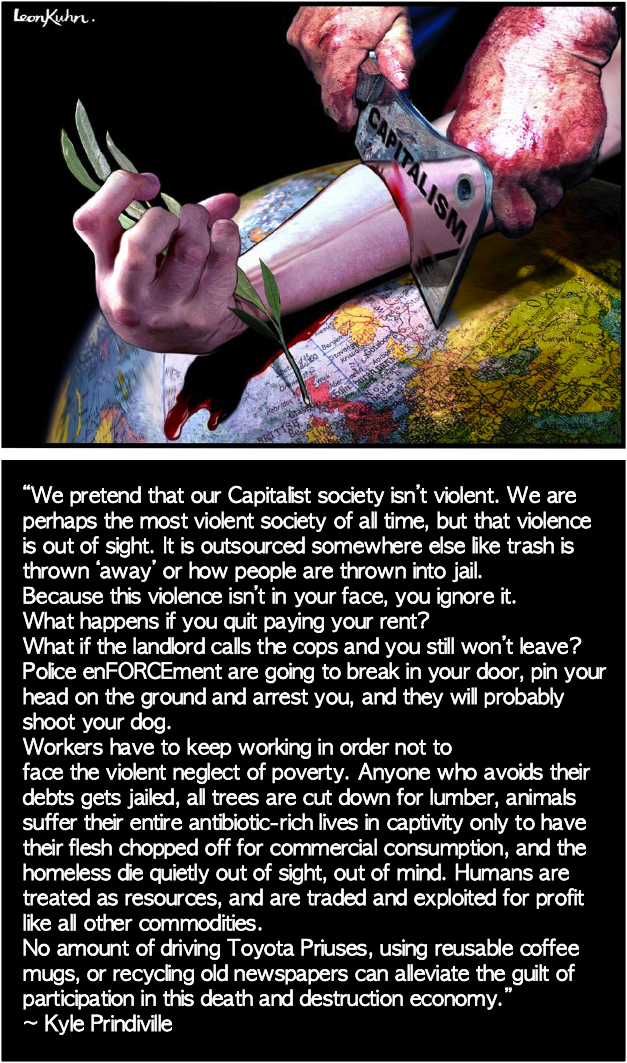“They really don’t know that there is an entire industry – oil and gas chemistry. They really don’t know that for half a century now, humanity has been making almost everything from hydrocarbons that is not stone, iron, wood, or quartz glass.” --Dmitry Sokolov-Mitrich
So, Europe thinks it can still operate as a modern society without Russia’s oil and gas imports, and eventually without such resources from anywhere. Well, it is time to raise again something I haven’t seen mentioned much over the past decade at least, the importance of oil and gas to modern society. And these are thoughts in fact, which may have never been considered by the current generation of ‘intelligent thinkers’, and perhaps also by the ‘reality optional’ fools who direct the future of Europeans (and not just those particular fools exclusively of course).
I must admit my surprise at finding such an article where I did this morning. But it is there – and it needs to be understood.
Oil and Gas are finite resources. Do you remember that old 20th century term of ‘Finite Resources’ – dating back to the 70s or beyond? Has the world forgotten, or simply never understood, that these things, or at least our ability to extract them using less energy than the extracted materials provide, will eventually expire?
I know that such thoughts do not occupy the minds of today’s decision makers, so will we be entirely caught by surprise when it suddenly happens? Or will we have adjusted our societal expectations by then?
The above quote from this article [reposted below -Ed.] invites us to consider everything around us that is not made of ‘stone, iron, wood, or quartz glass’. These would be, eventually will be, the only materials (the author omits animal or plant products, such as wool, leather, rubber, woven materials) from which we can make ‘stuff’ to build and maintain our lives. Not forgetting ‘food’ [real food, that is] and especially ‘water’ [there is no naturally pure water to be found anywhere in the world now – even, I suggest, in places where modern man has never set foot].
So, what do I advocate as a solution? I advocate nothing. There is no solution. I’m just pointing out the facts …and waiting for the collapse (which may just begin in Europe or across the Atlantic).
I’m sure the return to the Stone Age is not working to any pre-planned timetable. It will arrive when it arrives …and there may not be sufficient people around to raise an argument about it.
Everything around you is made of oil and gas
Dmitry Sokolov-Mitrich - journalist, columnist for the newspaper VZGLYAD
[Original machine translated by Yandex -Ed]
After another session of communication with very smart people, I suddenly realized that a lot of very smart people simply do not understand what oil and gas are. They seriously believe that oil and gas are exclusively fuel. And that Europe's refusal of Russian energy carriers threatens only with the fact that it will have to be a little under-heated and under-rolled on different types of transport. And this is an acceptable price for a confrontation with Russia.
They really don't know that there is an entire industry – oil and gas chemistry. They really don't know that for half a century now, humanity has been making almost everything from hydrocarbons that is not stone, iron, wood, or quartz glass.
Dear very smart people, where are you now? At home? In the office? Look around you. What do you see? Computer monitor? It is made of oil and gas. Moisture-proof wallpaper on the walls? And they themselves, and the paint with which they are painted, and the roller with which the painter worked-all this is oil and gas. Are you sitting on a comfortable couch? Inside it is polyurethane, a product of petrochemistry, and the upholstery, most likely, is also made with the addition of artificial materials. Look at yourself in the mirror. Do you have clean clothes, a washed head and well-groomed skin?
Washing powders, shampoos, creams, lotions – all this is also made from petroleum products. Go to the window (which, by the way, is also derived from black gold, if it is a double-glazed window). What's on the street? Do cars drive? Well, there's nothing to talk about. Not only the gasoline in the gas tank, but also everything that isn't iron inside is converted oil and gas: the interior upholstery, the seats are made of leatherette, which you will never distinguish from real leather, rubber, wire insulation, paint that the car is painted with. Yes, and the road on which he goes, too, is bonded with bitumen-a product of oil refining. What else is there?
People walk along the sidewalks, mostly dressed in oil and gas clothing and wearing oil and gas shoes (look carefully at your own tags). These people go to grocery stores where only food is made from oil and gas. In fact, it can also be made a product of oil refining for a long time, but so far humanity is afraid – maybe it's for the best. But still, some people you see outside the window have a certain amount of oil flowing inside, because modern pharmacology is unthinkable without petrochemicals.
But even products made of wood, iron, glass, and stone are more or less made with the participation of hydrocarbons. Either directly (think about why your wooden hut in the country does not eat bark beetles), or indirectly. Let's take the absolutely paper book that you are currently reading. It is made entirely of paper (with the exception of printing ink), but how many percent of the cost structure for its production is spent on petroleum products? How was this book delivered to the store and how much gas was used up on the way? What was burned at the power plant that generated the electricity that was used in the pulp and paper mill and printing house? What chemical components are used in these enterprises? Finally, what is the share of the oil industry in the overall purchasing power structure of the market, without which this book simply would not have been published, because it would not have found a market?
And the economy, as we know from Marx, is the basis on which the superstructure rests – "the totality of ideological relations, views and institutions." And if the basis is shaken, then the superstructure will also move. No one will find it too little. Don't be a naive moralist. The road to hell is paved by naive moralists. A source
 Please help keep us afloat. Donate here
Please help keep us afloat. Donate here
![]() Please help keep us afloat. Donate here
Please help keep us afloat. Donate here 








